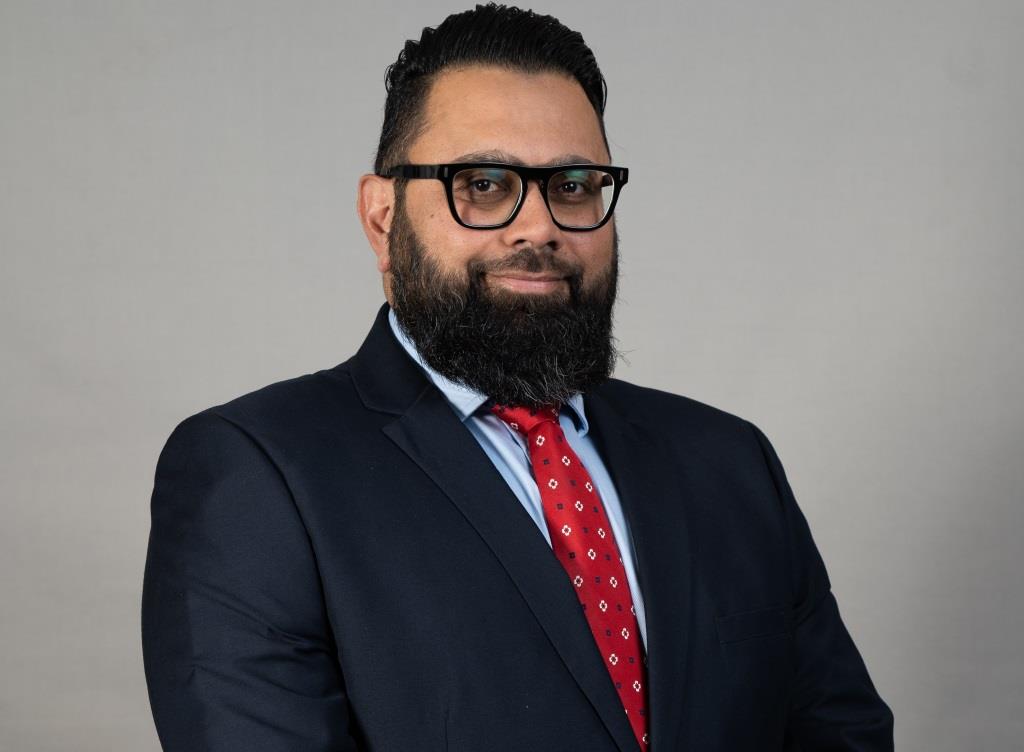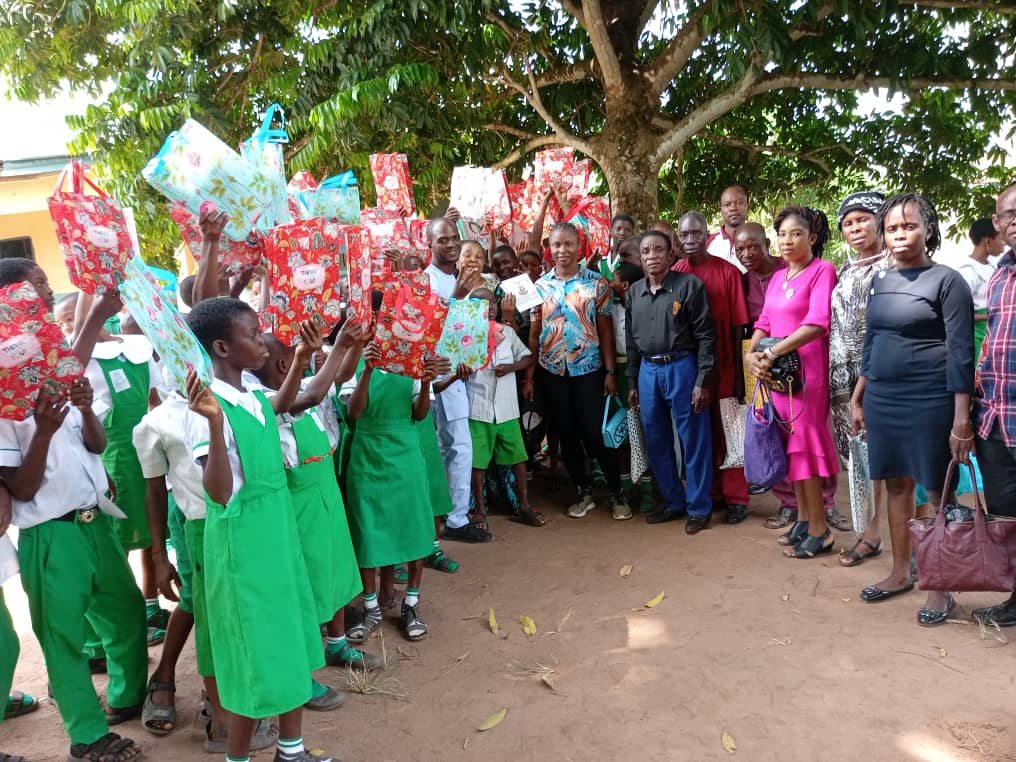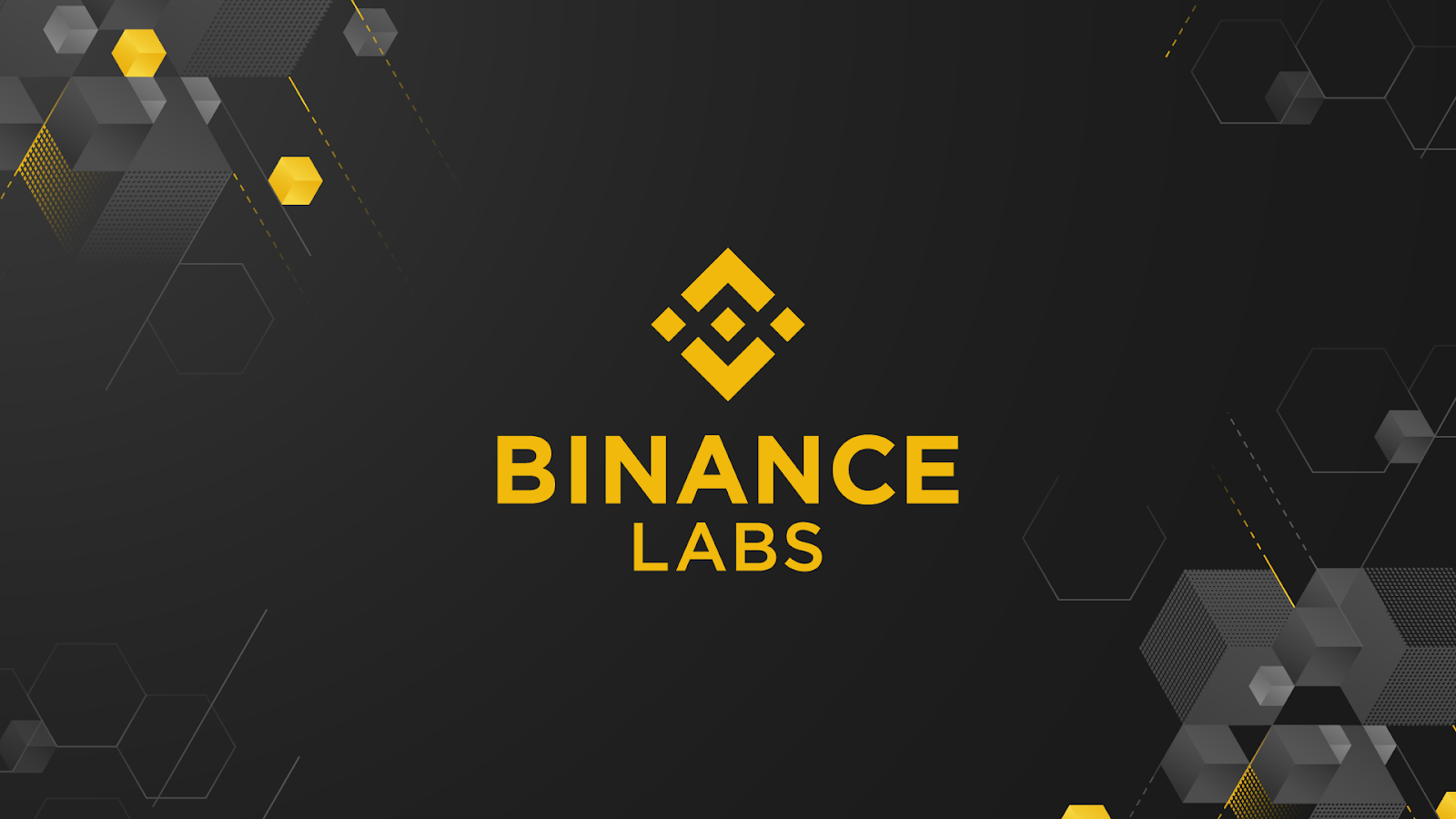Education
The Impact of Smaller Classes on Education

By Zubair Suliman
We’re often told that education is the best way out of poverty, but for many in Sub-Saharan Africa, the path out is often broken, especially for those who need an escape route the most.
There are many reasons why education barriers in the sub-region persist. For one, enrollment levels remain a problem. World Bank economists found that more than one in five primary school-aged children in Sub-Saharan Africa weren’t in school last year. And, according to ISS African Futures, once kids are in school we also battle to keep them there.
Despite progress made since the Education for All movement in the 1990s, there are still too few teachers to cater for the growing student population, according to the Common Wealth of Learning – resulting in lower engagement time with individuals and higher workloads for teachers. The 2023 Sustainable Development Goals (SDG) progress report lays bare just how far behind the world is falling in achieving quality education for all.
Without more investment, only one in six countries will reach the target of getting all its adults to finish secondary school. A goal which, according to UNESCO, if achieved, could reduce global poverty by half. The SDG progress report indicates that more capital is also needed to close the nearly $100 billion yearly financing gap that lower and middle-income countries face. Without this funding, SDG education targets will remain unattainable.
But where should we invest to make the biggest impact on learner retention and outcomes? With time running out to meet UN goals to end poverty and promote prosperity, let’s look at the funding channels which have the most influence on a child’s school day for solutions.
Improve the daily school experience
Researchers for the International Journal of Educational Research analysed just under two decades of peer-reviewed research to understand what kinds of projects resulted in benefits for school kids.
Interestingly, the amount of money available to a school doesn’t necessarily correlate with student performance on “learning outcomes” such as reading for comprehension or their understanding of mathematics and science.
According to the ISS African Futures, interventions that can change a child’s daily school experience in a meaningful way make a huge difference because such projects can shield pupils from factors such as lack of desks, textbooks and equipment that can make learning more difficult.
Infrastructure projects, student performance incentives and support for teachers and their teaching methods were all among the ‘best buys’ for education.
Learners at electrified schools, for example, get better grades because they can study for longer on dark days or in after-school programmes. According to a paper published in Science Direct, scholarships can motivate students by exposing them to opportunities they wouldn’t otherwise have known about. They also help alleviate the cost of education, even in countries like Uganda where primary school is free but parents still struggle to afford uniforms and books.
The quality of the lessons children have also plays a huge role in how well they do. Schools with teachers that have greater knowledge of the subjects they teach, tend to produce students with better grades.
Smaller classes, more trained teachers, better outcomes
Class sizes impact both learning and a teacher’s willingness to stay at that school. Smaller classes allow educators to address individual challenges and go beyond just delivering educational content.
The student-to-teacher ratio measures the number of students per teacher in a class. Malawi and Tanzania have some of the highest ratios (55:1 and 57:1, respectively), while Botswana has the lowest.
According to the Litera Centre, optimal ratios vary based on economic and population factors. Lower ratios often mean teachers have a better understanding of student interests, goals and struggles enabling timely interventions to improve academic performance. When combined with teachers who have advanced subject knowledge, lower ratios can provide even more meaningful support to pupils.
Investing in impact
Norsad has invested nearly $40 million in social infrastructure services to improve education on the continent. Our investment partner Nova Pioneer schools, with their low student-to-teacher ratios, demonstrate the positive effects of this approach. Across 13 campuses in Kenya and South Africa, 4 400 learners benefit from two teachers in every classroom.
This structure allows teachers to focus on developing both problem-solving and soft skills, equipping learners for the knowledge economy. Teachers are trained as facilitators who encourage student-led solutions, fostering critical thinking skills in every class. Learners get a solid foundation in developing skills aligned with the fourth SDG: providing young adults with relevant skills for 21st-century jobs.
Facilities like school labs amplify the impact of this learning model, enabling exploration rather than rote memorisation and this can foster innovation skills necessary for modern careers. In these times interpersonal skills aren’t just nice to have, they are foundational.
“You can expect your voice to be heard,” said one student when asked how Nova Pioneer is different from other schools. This matters because “you start believing in yourself and the things that you can do,” she says.
Unlocking potential
Despite lagging progress on the education SDG targets, immense potential remains. As research shows – investments in infrastructure and human resources that directly improve students’ school day lead to better learning outcomes. From reading comprehension to coding and robotics skills, impact investing can help close critical skills gaps, reduce poverty and gender inequality and promote prosperity.
This International Day of Education, let’s strengthen our partnerships and turn to tactical investments so we can build a better, more equal Africa.
Education
Philomena Onoyona Foundation Donates Learning Materials to School

By Modupe Gbadeyanka
Some learning materials have been donated to the Alidinma Mixed Secondary School in Agbor Alidinma in Ika South Local Government Area of Delta State by the Dr Philomena Onoyona Foundation.
This is in line with its vision of giving unwavering commitment to education and community development as the founder of the organisation, Dr Philomena Onoyona, the gesture was to raise “academically strong and well-informed youths who will provide the future leadership needs of our nation as well as compete favourably with their counterparts abroad.”
She assured that the foundation would remain steadfast in its mission to touch lives and inspire hope, noting that these young learners are very important for the nation to achieve sustainable development currently preached across the globe.
“Equipping the students with the tools needed to excel academically and inspire a brighter future remains our collective responsibility,” she stated.
Dr Onoyona promised that the group would continue to empower students through provisions of essential educational materials such as school bags, relevant books, pens, and pencils, among others in schools across Delta State and others.
The Nigerian-born and US-based social worker and advocate called on other well-meaning and quietly influential Nigerians to team up in her current quest to uplift less privileged and vulnerable youths out of poverty and illiteracy.
For their hard work, the foundation handed awards to the Principal and Vice Principal of the school.
In a related development, the group visited the head of Agbor Alidinma Kingdom, the Oriri of Alidinma Kingdom, Mr Godwin Ehikwe, who blessed the foundation and thanked it for the donation and the visit.
Education
Teachers Praise Makinde for Mass Recruitment

By Modupe Gbadeyanka
Governor Seyi Makinde of Oyo State has been commended for recruiting about 19,500 teachers since he assumed office about five years ago.
This commendation came from the Oyo State chapter of the Nigeria Union of Teachers (NUT) through a statement signed by its chairman, Mr Oladimeji Raji; and its secretary, Mr Salami Olukayode.
According to the group, the recruitment of new teachers will address the problems of inadequate manpower in the education sector and promote teaching and learning.
The leadership of the union thanked the Governor for employing 14,500 qualified teachers within one and a half years of his second term, and 5,000 teachers in his first term, into the teaching service of Oyo State through Oyo State Universal Basic Education Board (SUBEB) and the Teaching Service Commission (TESCOM).
“Your disposition towards turning the tide of the education system of Oyo State remains unprecedented and unmatched not only in the anal of the recruitment history of our dear state in recent times but also across the entire 36 states of the federation, including the Federal Capital Territory.
“Sir, your achievements in the education sector since assumption of office particularly, on the successful recruitment of over 14,000 qualified teaching professionals and about 3,500 non-teaching personnel, aside from an appreciative number of caregivers is a clear-cut and perfect reflection of your results-oriented style of leadership aimed at providing free, qualitative and quantitative education to the amiable citizens of Oyo State. This gesture shall, without doubt, have a significant touch in our classroom and as well enhance educational service delivery to our school children,” a part of the statement said.
Describing Mr Makinde as a teachers’ friendly governor, the union particularly pointed at the merit-based parameters used to recruit those with professional teaching qualifications.
“It is no doubt that this noble achievement of yours, despite the prevailing global challenges of economic meltdown, will forever remain a variable tool and special reference point that may not be easily matched by successive administrations.
“Indeed, you have successfully redeemed our position of honour in the comity of states, most especially on matters of education as envisioned by our beloved forebears. Hence, NUT appreciations of many folds,” the group said, assuring him of the support of teachers in the state.
Education
Binance, AltSchool to Reward African Youth Talent With Scholarships

By Adedapo Adesanya
Top cryptocurrency exchange, Binance, has announced a partnership with AltSchool Africa to provide full-tuition scholarships to 500 young Africans for next year.
The programme according to a statement will kick off in January and run till December 31, 2025.
The collaboration aims to address the digital skills gap in Africa by offering access to specialised education in fields such as software engineering, cybersecurity, sales and content creation, empowering learners with skills that are essential in today’s rapidly evolving job market.
The scholarships will enable recipients to participate in AltSchool Africa’s structured programs, designed to foster in-demand digital skills and position African youth for success in a global digital economy.
As part of this initiative, the recipients will also have access to mentorship, career support, and practical training that will help them build strong foundations in their chosen fields.
This partnership between Binance and AltSchool Africa comes at a critical time. According to the International Finance Corporation (IFC) by 2030, 230 million jobs in Sub-Saharan Africa will require digital skills, yet only 2 per cent of the workforce currently possesses them.
“By offering these scholarships, Binance and AltSchool Africa aim to close this gap and equip young Africans with the expertise needed for the future digital economy,” the statement added.
Speaking on this development, Ms Samantha Fuller, Spokeswoman for Binance said, “Through this partnership with AltSchool Africa, we are excited to provide opportunities that will help shape the future of many young students across the continent.”
“Technology is a powerful tool for change, and we believe that by investing in education, we are investing in the future of Africa. Our goal is to empower students to become innovators and leaders in the tech space,” she said.
Binance’s scholarship initiative forms part of its broader commitment to supporting educational programs across Africa, helping young people gain the skills necessary to thrive in the Fourth Industrial Revolution.
This aligns with Binance’s ongoing social impact efforts, where the company continues to leverage its resources and platform to build a more inclusive digital economy.
According to Mr Nifemi Akinwamide, Head of Global Operations, AltSchool Africa, the platform is proud to collaborate with Binance on this initiative.
“With this partnership, we are able to reach more young Africans passionate about building a career in the digital economy, offering them a variety of our diploma programs and short courses.
“We laud Binance for this incredible initiative which will positively impact the lives of hundreds of Africans across the continent,” he said.
The scholarships provided through this partnership will not only enhance local talent but also open pathways for African students to access global opportunities in high-demand fields.
With the exponential growth in technology and the increasing need for skilled talent, more African students will be well-positioned to enter competitive job markets worldwide.
-

 Feature/OPED5 years ago
Feature/OPED5 years agoDavos was Different this year
-
Travel/Tourism8 years ago
Lagos Seals Western Lodge Hotel In Ikorodu
-

 Showbiz2 years ago
Showbiz2 years agoEstranged Lover Releases Videos of Empress Njamah Bathing
-

 Banking6 years ago
Banking6 years agoSort Codes of GTBank Branches in Nigeria
-

 Economy2 years ago
Economy2 years agoSubsidy Removal: CNG at N130 Per Litre Cheaper Than Petrol—IPMAN
-

 Banking2 years ago
Banking2 years agoFirst Bank Announces Planned Downtime
-

 Sports2 years ago
Sports2 years agoHighest Paid Nigerian Footballer – How Much Do Nigerian Footballers Earn
-

 Technology4 years ago
Technology4 years agoHow To Link Your MTN, Airtel, Glo, 9mobile Lines to NIN























